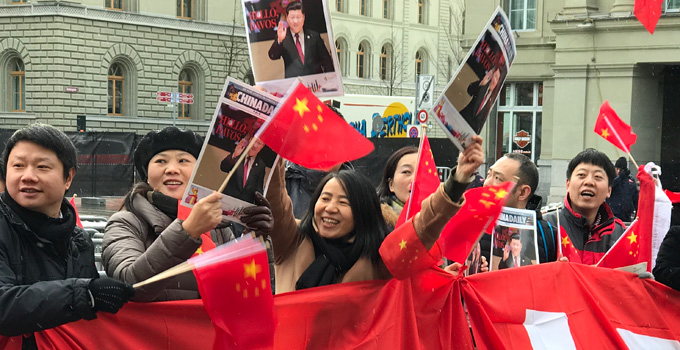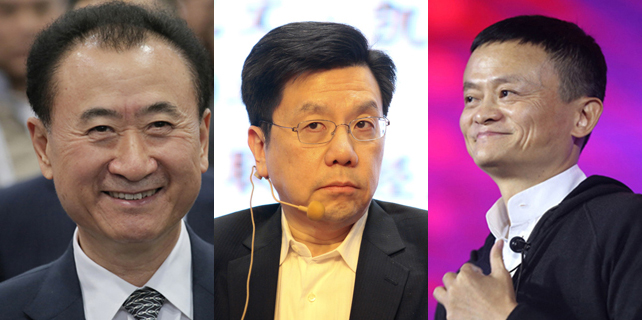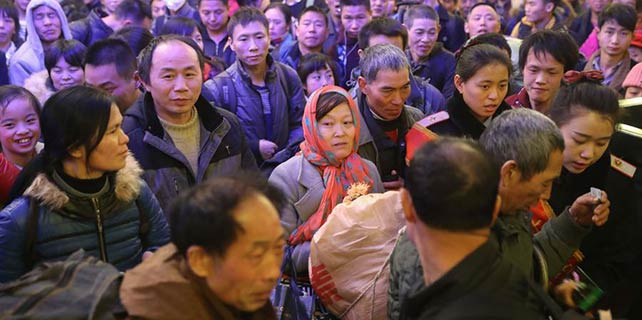Li vows to tackle potential economic risks
Premier Li Keqiang has pledged to implement more precise macroeconomic measures to tackle potential risks.
Li spoke on Friday to economists, corporate management and governmental officials at a State Council meeting that solicited suggestions for the annual Government Work Report in March, according to a statement on Sunday.
"2016 saw a stabilized economy with positive factors that helped to boost growth, but we must recognize upcoming challenges such as an unpredictable international market," Li said.
The premier said this year will see geographic risks, challenges to global economic rules and changing international politics impose uncertainties amid an increasingly complicated international setting.
The government will continue to cut public expenditure to further relieve tax burden for enterprises and implement more proactive employment policies to boost market vitality and ensure incomes, Li added.
The State Council, China's Cabinet, will carry out inspections on tax reduction, which will spur local governments to decrease charges levied on enterprises, the premier said.
Gao Peiyong, director of the Institute of Economics at the Chinese Academy of Social Sciences, suggested the tax reform be deepened to further reduce taxes and charges levied on enterprises.
In addition, Li said the government will further streamline administrative processes and reduce institutional costs to cultivate a more inviting business environment.
Meanwhile, new technologies and economies will be integrated with traditional industries, with Li and the central government continuing to promote the national strategies of Made in China 2025-which aims to upgrade the country's manufacturing sector-innovation and entrepreneurship, as well as employment opportunities.
At the meeting, economists shared their opinions on employment, tax burdens and financial risks, while managers offered their proposals on the manufacturing sector, Chinese companies going global and new economies such as the sharing economy to boost integration of the service sector with traditional manufacturing.
Last year, China's economy faced downward pressure, with two of its most important drivers, exports and private investment, hitting a stage of decline or slowing growth.
However, Xu Shaoshi, chairman of the National Development and Reform Commission, said last week that China's GDP growth in 2016 was estimated to be 6.7 percent year-on-year, falling within the range set by the central government.
Huang Qunhui, director of the Institute of Industrial Economics at the CASS, said industrial upgrading will strengthen China's economic competitiveness and help address pollution issues.
Li also called for stringent measures to tackle key public concerns such as smog. He vowed to improve prevention and control of smog by employing more experts and scientists to research causes and components of air pollution as well as potential solutions as part of efforts to improve people's welfare.









